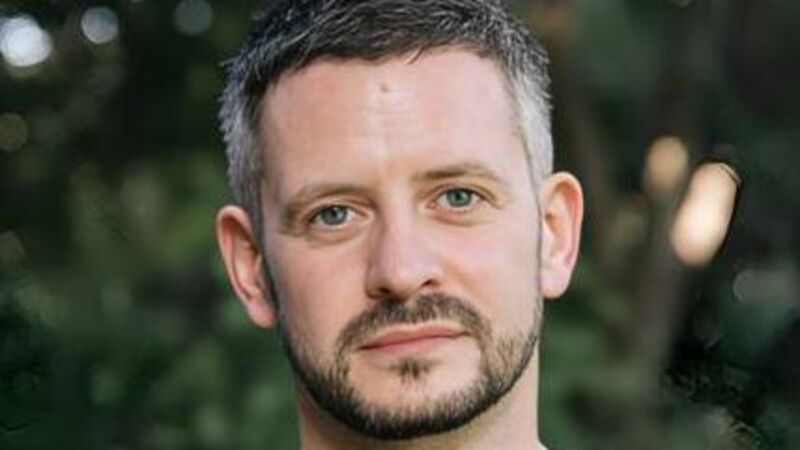Poetry review: David Nash's changing landscapes

There’s a pervasive sense of grief for promise not fulfilled in David Nash's latest colllection, 'No Man’s Land',
- No Man’s Land
- David Nash
- Dedalus, €12.50 – €20.00
BOOKS & MORE
Check out our Books Hub where you will find the latest news, reviews, features, opinions and analysis on all things books from the Irish Examiner's team of specialist writers, columnists and contributors.







